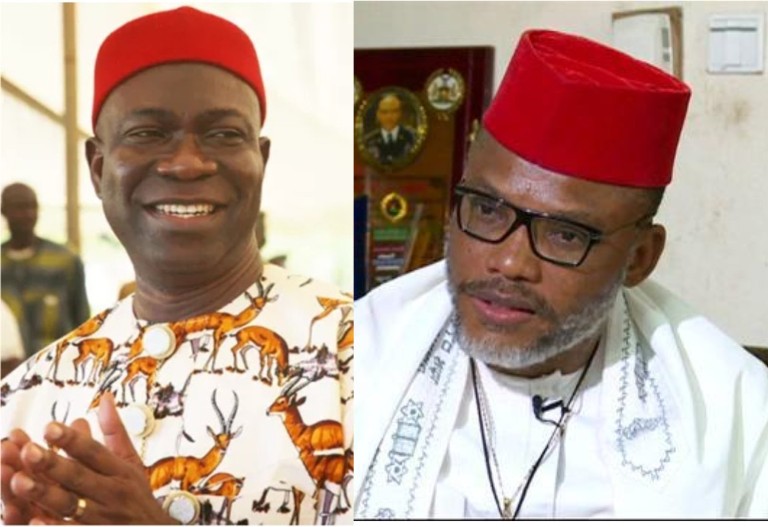

Pupils who finish quickly could be asked to imagine and draw a timeline of their future.

Display their timelines in the classroom.older sister went to college, father bought a field etc.). You could encourage them to write in the main events that have happened to them personally, and in a different colour (or in brackets under the line) the main events that happened to their wider family (e.g. Support them as they make their timelines.Ask them to record any other information they want to include on their timeline.Ask pupils to write down key things they remember about their lives and also given them time to ask their parents/carers about when they first walked etc.(When your pupils come to do their timelines, they could use 5 cm or the length of a hand if they don’t have rulers.) Remember to use a suitable scale – a year should be represented by a particular length. Draw this timeline on the board and talk through what you are doing, or have one prepared on a large roll of paper. Modelling is an excellent way of supporting pupils to learn a new skill/behaviour. Model (demonstrate) the making of a timeline yourself (you don’t have to use your own life – you could do a realistic one based anonymously on someone you know).First, discuss the importance of knowing one’s own origins and members of one’s family.Resource 3: My timeline can be a starting point for your class to do their own timeline.Mr Nguzo realises that teaching pupils about the relationships within families can be confusing for younger pupils. There is a distinction between the uncles and aunts from the mother’s side and those from the father’s side. Mr Nguzo and the pupils note that although there are words in their language that express cousin, uncle and aunt, these relations are normally referred to as brother or sister grandfather, father are usually simply father grandmother, mother are similarly simply mother. Mr Nguzo prepares a large, basic kinship chart to help focus the discussion (see Resource 1: Kinship chart). After 10 minutes, one member of each group presents their answers to question 6 to the class.What makes someone your sister, your brother, your aunt, etc.?.Then he asks the groups to consider this question:.After 10 to 15 minutes, he asks the groups to share with the whole class what they have found out about different families: What were the similarities between the families? What were the differences? (For younger or less confident pupils, he would have to ask more structured questions, e.g. During the discussion, Mr Nguzo goes to each group to check that all the pupils are being given a chance to contribute.How many cousins do you have? What are their names?.How many sisters and brothers do you have? What are their names? Are they older or younger than you?.Who are your grandfathers and grandmothers? What are their names?.Who are your father and mother? What are their names?.In the groups, pupils take it in turns to answer the following questions, which he has written on the board.He organises groups of not more than six he puts pupils together who do not usually work with each other. He wants his pupils in Standard 3 to learn about families and the roles of different family members. Secodly, why is it that an Igbo has not emerged executive president of Nigeria? Thirdly, it took the administration of Goodluck Jonathan (40 years) after the civil war, for an Igbo to emerge as the Chief of Army staff which.Mr Nguzo is a social studies teacher at Muhimu Primary School in Tanzania. If anybody says that the igbos are not political second class citizens in Nigeria I will ask the person just three questions: How come there is no Igbo man in the National security Council? Nigeria has about 16 sensitive security posts and right now in if The National security Council is sitting, you will not see a single Igbo man there today. I don’t know how long the Igbo will remain in political subjugation and in captivity in Nigeria, but we will not remain political second class citizens forever. We cannot fight the captivity by going against God. It was the divine plan of God because it was written down in black and white that they were in captivity for 400 years. The nation of Israel was in captivity in Egypt for 430 years and all the jews that were born within that period assumed that it was a situation of happenstance but it was not that.


 0 kommentar(er)
0 kommentar(er)
